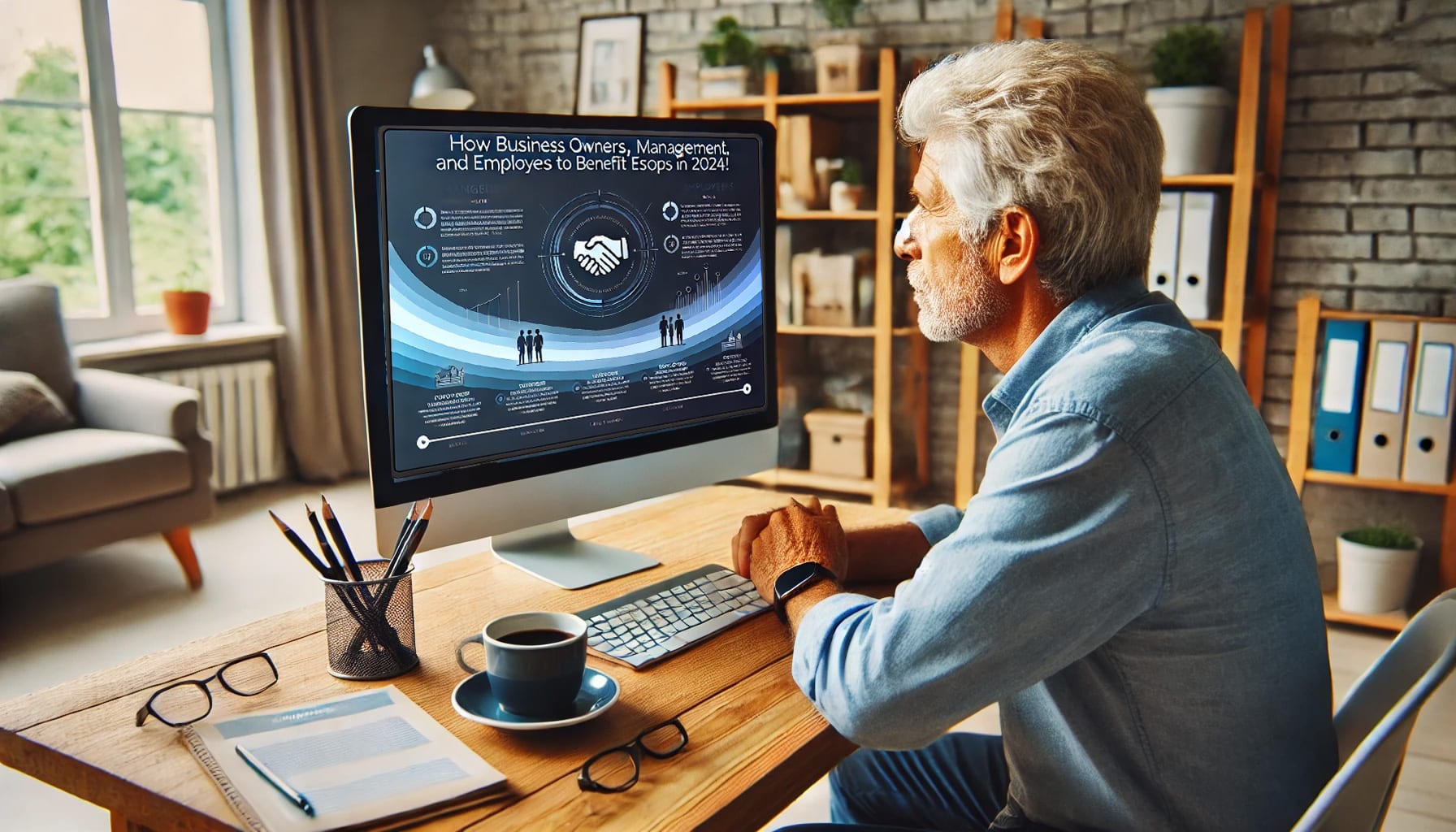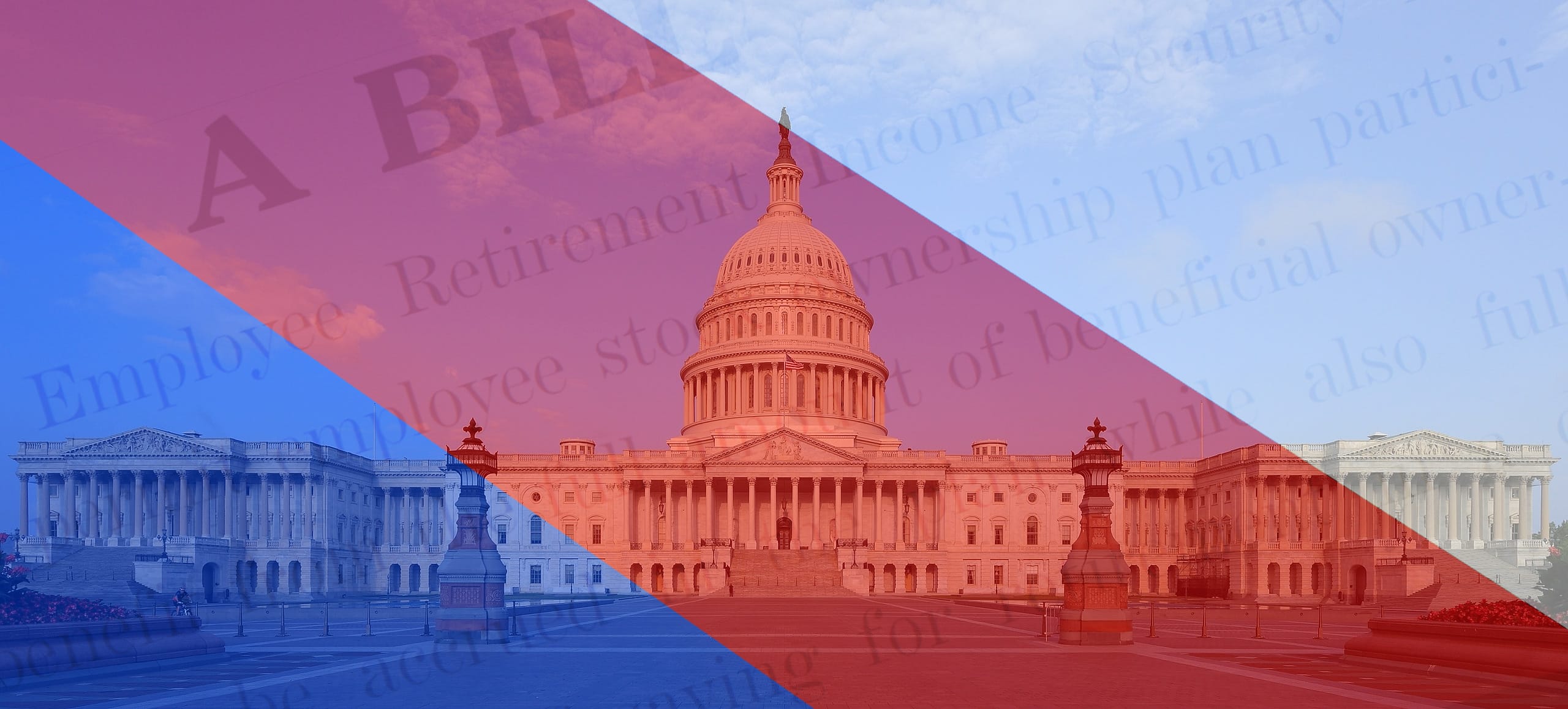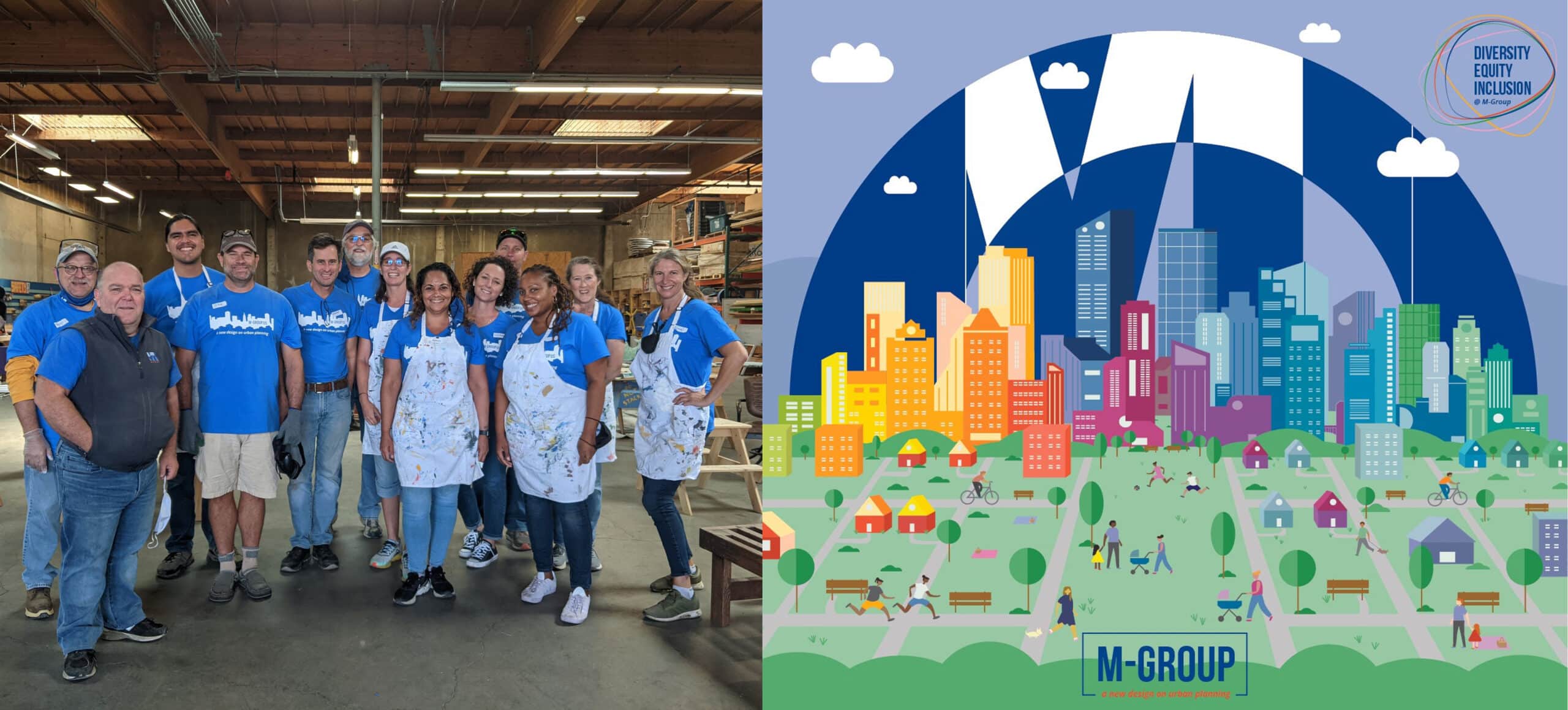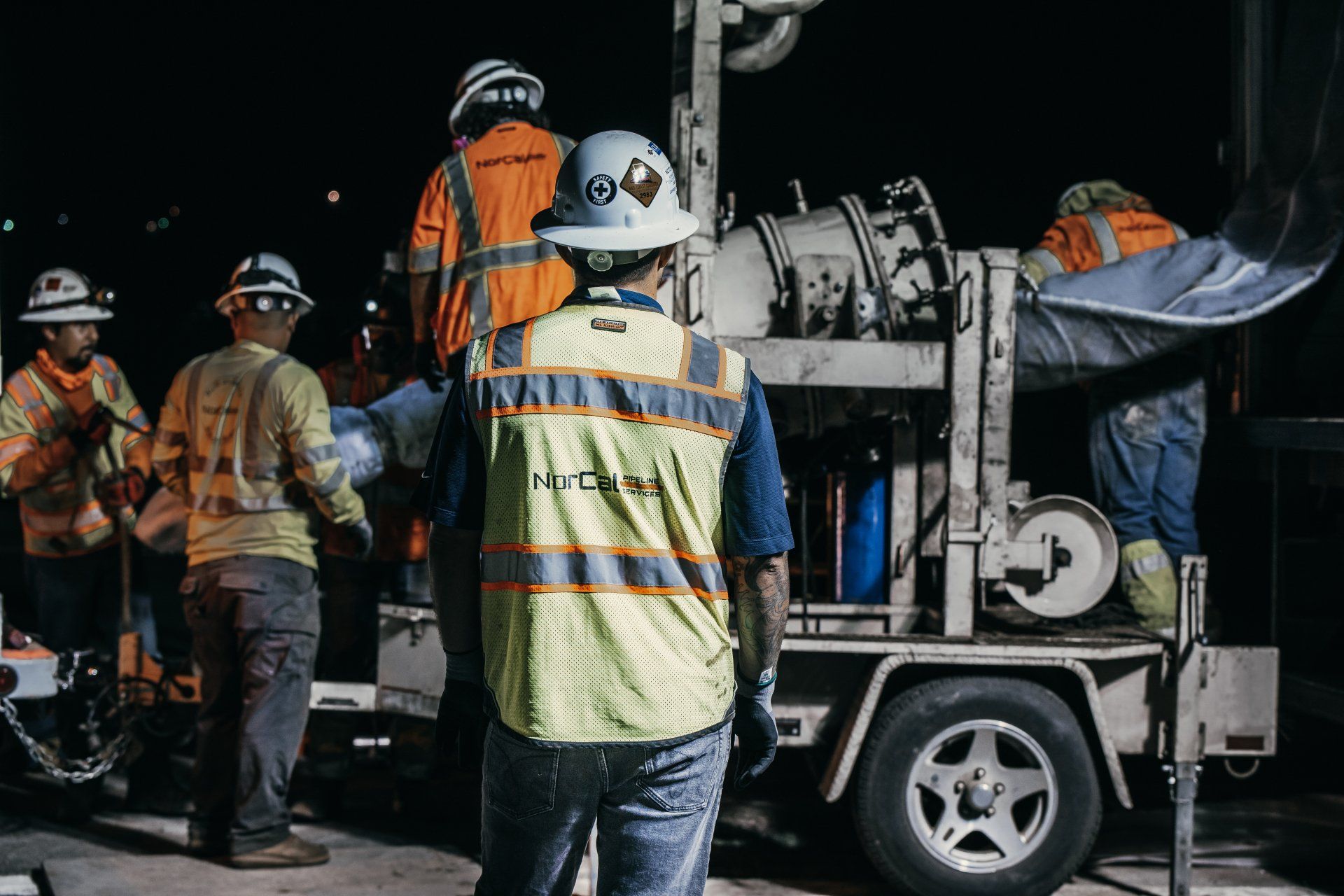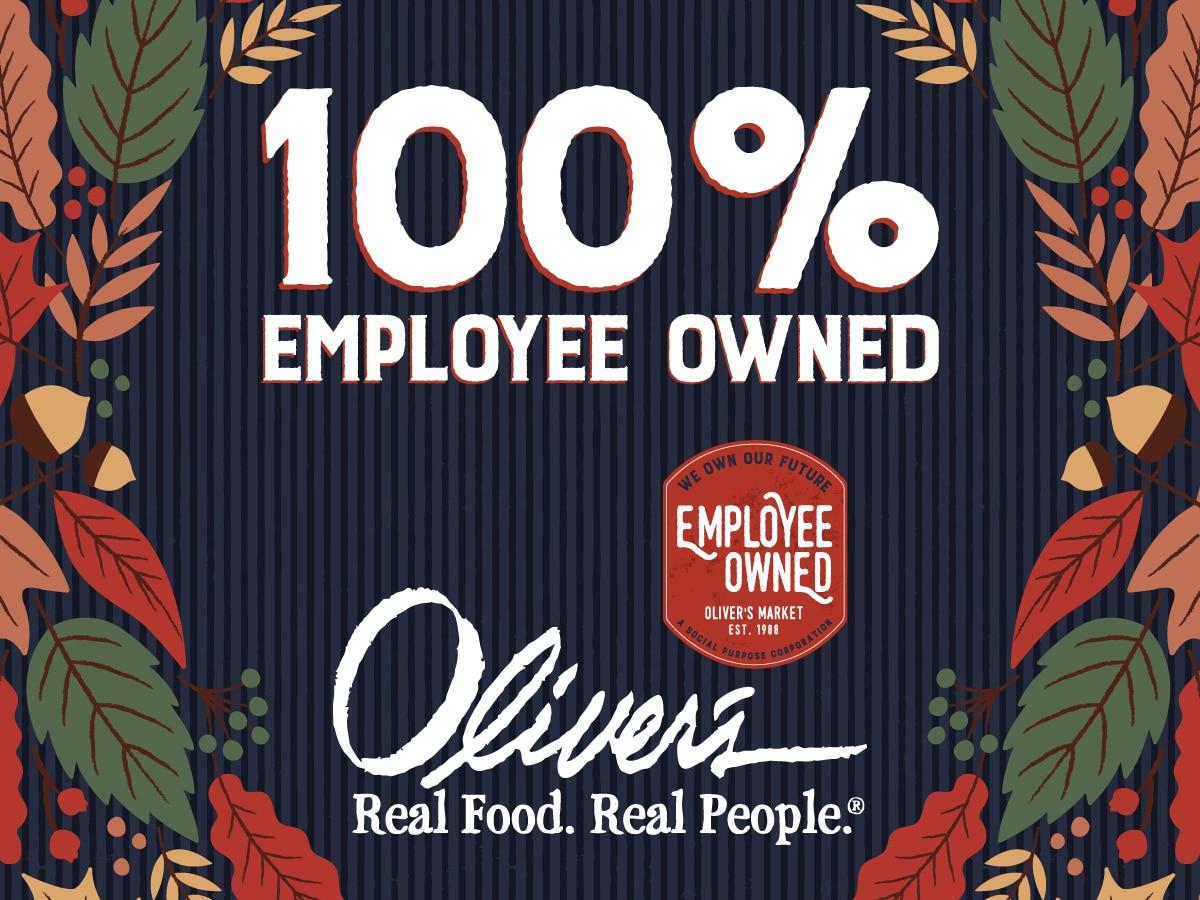Improving Access to Capital
Lack of access to capital can be a significant hurdle for some companies when establishing a new ESOP. The EEIA proposes creation of a public-private partnership with a specific focus on employee ownership by leveraging the Small Business Investment Company (SBIC) program under the Small Business Administration (SBA).
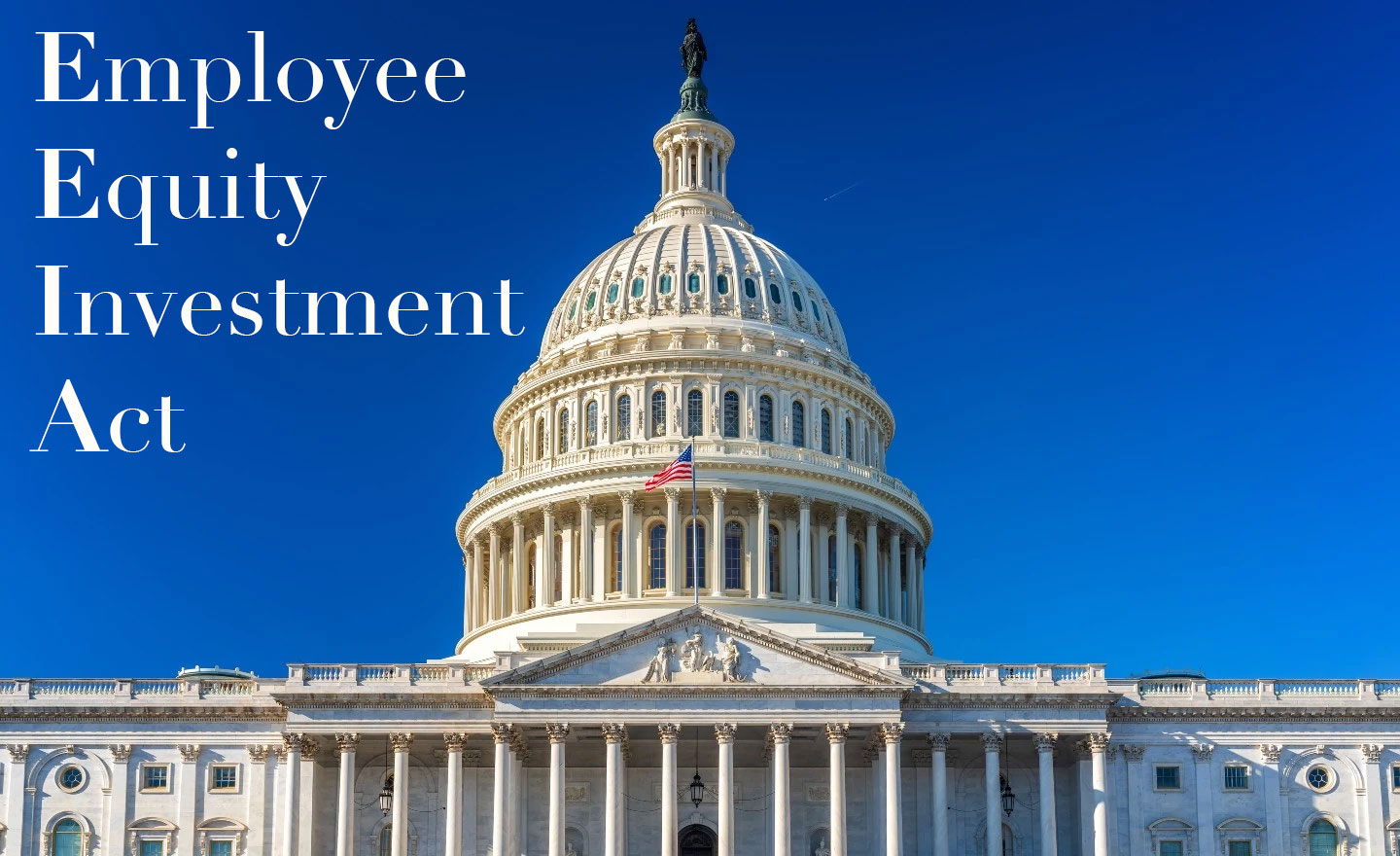
EEIA would create a public-private partnership that works like existing SBIC loans but with a focus on employee ownership.
The proposed legislation calls for establishing Employee Equity Investment Companies (EEICs), which will raise their own funds while benefiting from federal loan guarantees. These guarantees enable EEICs to provide debt financing at more reasonable costs or inject equity into transactions where an Employee Stock Ownership Plan (ESOP) already owns or is acquiring at least 30% of a company.
Easing the path of creating an ESOP is especially timely when considering the aging ownership of private businesses in the US. According to Ownership America, a non-profit dedicated to building an employee ownership movement across the United States,, “nearly half of all private businesses are owned by individuals who are at or near retirement age, employing over 32 million workers and representing 2.9 million firms.” Dubbed a ‘silver tsunami’ of business succession, more than half of these owners are set to retire over the next decade, which risks local jobs and local ownership if these owners sell their businesses to new owners who are outside their local geographies.
Establishing the Office of Employee Ownership
The EEIA not only focuses on financing but also recognizes the importance of guidance and support for small businesses exploring sales to ESOPs or worker-owned cooperatives. To facilitate this process, the legislation calls for the creation of an Office of Employee Ownership within the SBA. This dedicated office will serve as a resource by providing outreach, education, technical assistance, and training on employee ownership transitions
Bipartisan Support and Future Prospects
The ESOP Association and Ownership America were instrumental in proposing the EEIA and it has garnered significant bipartisan support. Senator Chris Van Hollen (D-MD) and Senator Marco Rubio (R-FL) are leading the efforts in the Senate, while Representative Dean Phillips (D-MN) and Representative Blake Moore (R-UT) are spearheading the initiative in the House. Several other influential lawmakers have also joined as original cosponsors of the bill, underscoring Congress’ recognition of employee ownership as a vital driver of economic growth and prosperity.
The introduction of the Employee Equity Investment Act highlights the growing momentum behind employee ownership as a business succession strategy and its bipartisan support augurs well for the bill’s progress along the legislative path. By establishing a public-private partnership within the SBA’s SBIC program, the EEIA offers loan guarantees to investment funds dedicated to expanding employee ownership, addressing a key challenge faced by some business owners who hope to sell their businesses to their employees. The EEIA’s emphasis on financing employee ownership transitions should help to unleash a new decade of ESOP adoption and further unlock the transformative power of employee ownership.


